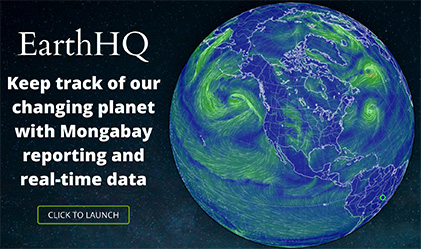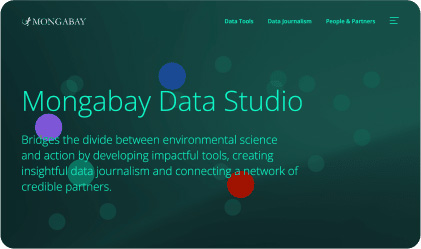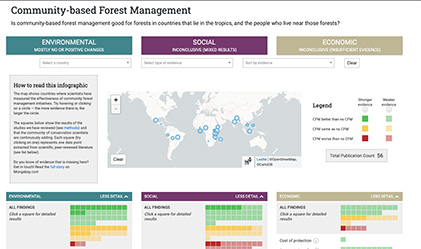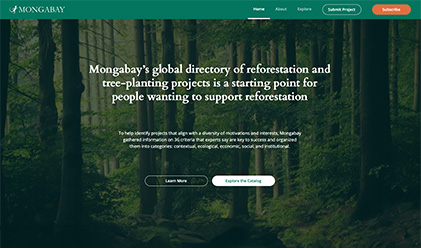Planetary Boundaries News
All life on Earth, and human civilizations, are sustained by vital biogeochemical systems, which are in delicate balance. However, our species — due largely to rapid population growth and explosive consumption — is destabilizing these Earth processes, endangering the stability of the “safe operating space for humanity.” As noted by the main feature in this special Mongabay series, scientists have defined nine planetary boundaries: climate change, biodiversity loss, ocean acidification, ozone depletion, atmospheric aerosol pollution, freshwater use, biogeochemical flows of nitrogen and phosphorus, land-system change, and the release of novel chemicals.
you're currently offline



















































